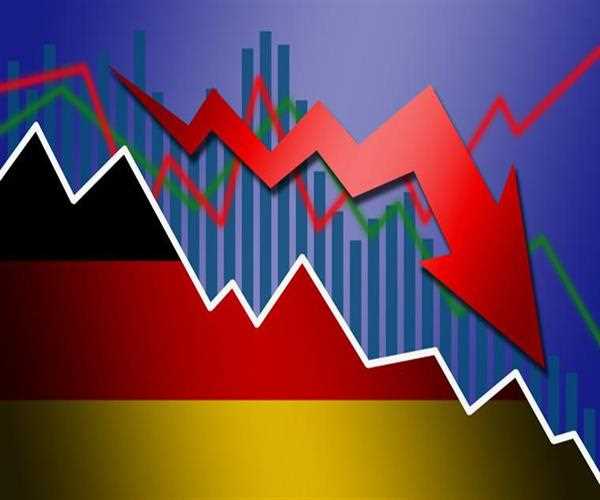
26-Feb-2023
Why global economy will slow down further
Global economic expansion is expected to be muted according to a recent OECD report.
This year, the organization expects the global economy to grow at 3%.
In addition, it is anticipated that growth will slow further to 2.2% in 2023.
The World Economic Prospects for 2022 were lowered by 0.4 percentage points to 3.2% in a report released in July by the International Monetary Fund.
Global economic growth has been slowed by a number of factors, including the pandemic, Russia's war on Ukraine, rising global interest rates, and China's zero-Covid policy.
According to the OECD report, the generalized tightening of monetary policy driven by the greater-than-anticipated overshoot of inflation targets is the primary factor slowing global growth.
According to the OECD report, Russia's invasion of Ukraine is also slowing growth and increasing prices, particularly for food and energy, as the COVID-19 pandemic's effects continue.
The Chinese economy is slowing down as a result of Beijing's strict zero-tolerance for COVID-19 policy, which has thrown off global supply chains, as well as a decline in the Chinese property market.
Inflation is rising further as a result of these and other factors, which are affecting global economic activity.
Rising inflation
Even prior to Russia's invasion of Ukraine, the majority of G20 economies saw inflation rise above central bank targets due to the initial rise in energy costs as economies reopened following the pandemic.
Supply chain bottlenecks, rising freight costs, and the shift in the composition of private consumption toward goods were additional factors that had a negative impact on the economy.
Food and energy prices have gone up all over the world as a result of the invasion.
Now, inflationary pressures are spreading almost everywhere beyond food and energy, with businesses across the economy having to pay more for energy, transportation, and labor.
Annual inflation stood above
The OECD predicts that, as the global economic cycle turns and the majority of major central banks tighten their monetary policies, headline inflation will peak in the current quarter in most major economies and fall in the fourth quarter and throughout 2023 in most G20 nations.
In any case, annual inflation in 2023 will continue to be well above targets set by central banks almost everywhere.
Job and wage growth slows down
Wages are rising and contributing to the mitigation of the loss of purchasing power and growth as a result of the tight labor market and unemployment rates that are at or close to 20-year lows in many nations.
However, this is also contributing to inflation across the board. In many nations, particularly the United States, Canada, and the United Kingdom, wage growth has increased, but not yet in the euro area.
In many OECD economies, household real disposable incomes have decreased, stifling private consumption growth because nominal wage growth has failed to keep up with inflation.
Downfall in equity markets
Market-based measures of real interest rates have increased as central banks have responded more aggressively to above-target inflation, tightening financial conditions.
This year has seen a sharp decline in equity markets across a lot of the world. In the meantime, investors' risk appetite has decreased and the US dollar has appreciated significantly.
Spreads on corporate bonds have increased, particularly in Europe, and capital outflows from economies in emerging markets have increased.

SEO and Content Writer
I am Drishan vig. I used to write blogs, articles, and stories in a way that entices the audience. I assure you that consistency, style, and tone must be met while writing the content. Working with the clients like bfc, varthana, ITC hotels, indusind, mumpa, mollydolly etc. has made me realized that writing content is not enough but doing seo is the first thing for it.
Join Our Newsletter
Subscribe to our newsletter to receive emails about new views posts, releases and updates.
Copyright 2010 - 2026 MindStick Software Pvt. Ltd. All Rights Reserved Privacy Policy | Terms & Conditions | Cookie Policy